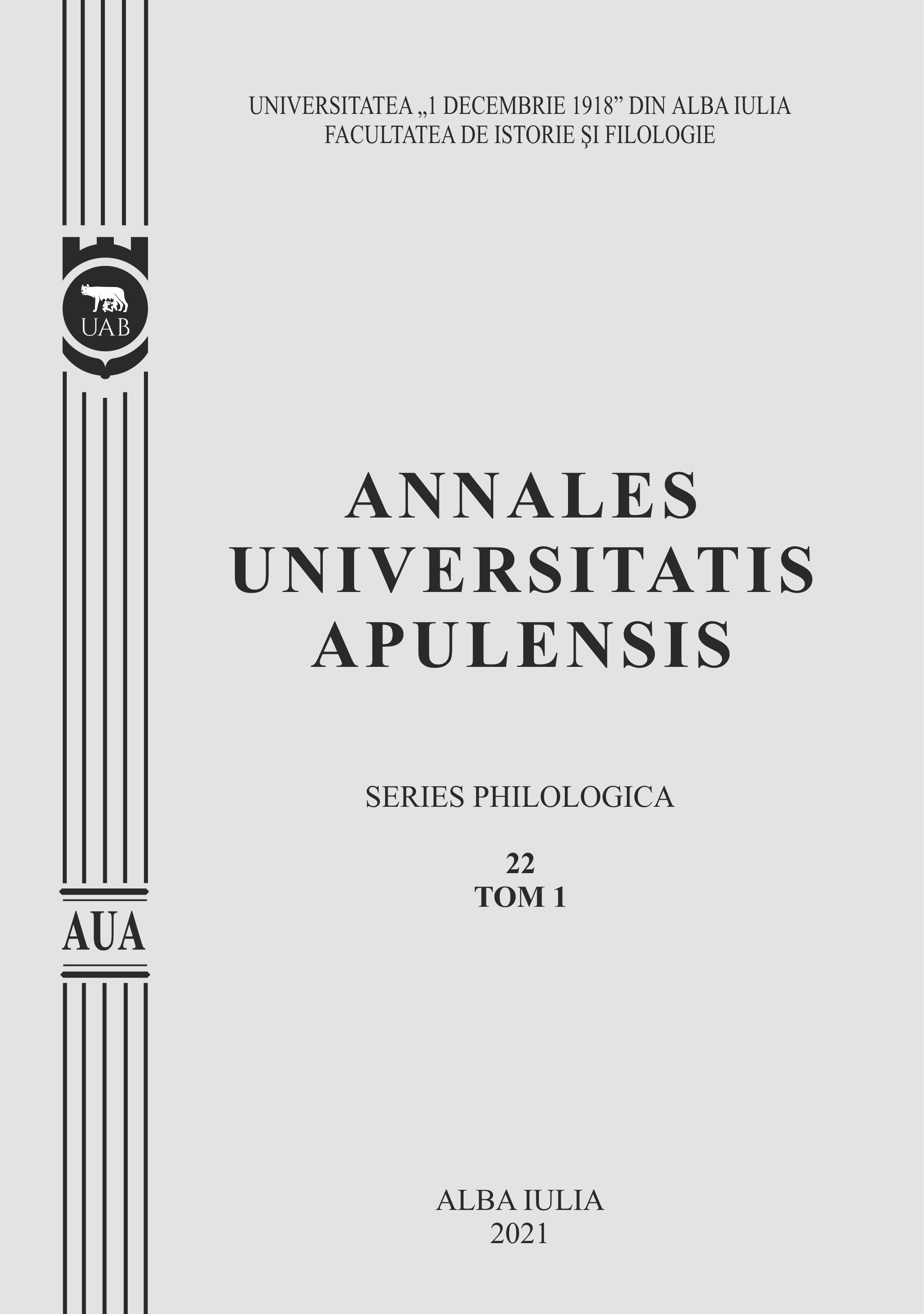CROWDSOURCING, TRANSLATION AND THE TRANSLATOR
CROWDSOURCING, TRANSLATION AND THE TRANSLATOR
Author(s): FLAVIA-MARIA HEMCINSCHISubject(s): Language and Literature Studies, Translation Studies
Published by: Universitatea »1 Decembrie 1918« Alba Iulia
Keywords: crowdsourcing; visibility; machine translation; translation norms; translation quality; coherence; authorship; authority;
Summary/Abstract: The technological progress of the new digital era has contested not only translation methods but also the translator’s status. The phenomenon I will draw attention to is online volunteer translation, as a form of collaborative translation (crowdsourcing). This implies segmenting and then distributing a source text to several translators for a quicker translation and revision. Crowdsourcing is very widespread due to social media, however it raises several issues concerning translation and the translator’s status. The issues are the following: translation norms, translation quality, target text coherence and cohesion, translation authorship, data confidentiality, the translator’s (in)visibility but also the translator’s authority and ultimately, the translator’s status. I will present crowdsourcing within the larger framework of collaborative translation practices, a brief history of such practices as well as the main patterns which occur during the crowdsourcing process. I will also explain the impact of such practices on translator-related fields, as mentioned above.All in all, collaborative translation and by extension crowdsourcing will continue to occur in the digital space and therefore influence translation practices. A regulation of these practices will be necessary in order to ensure the maintenance of professionalism even in a space as hard to control as the digital space.
Journal: Annales Universitatis Apulensis. Series Philologica
- Issue Year: 22/2021
- Issue No: 1
- Page Range: 361-374
- Page Count: 14
- Language: English

